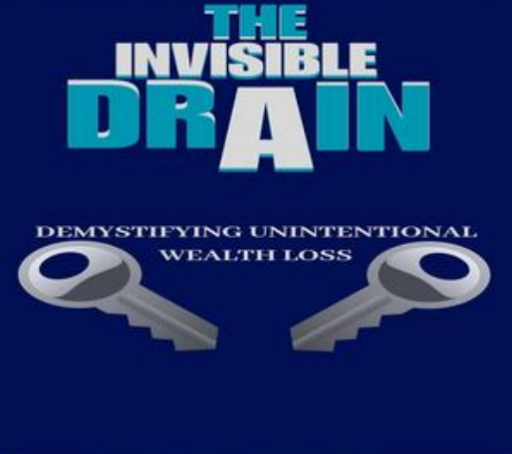For wealthy individuals, facing a serious illness goes beyond just health concerns; it can lead to significant financial troubles that might completely change their wealth in a short time. In addition to medical expenses, there are various economic impacts that regular insurance may overlook, such as halted business projects and declining investment values. Recognizing these unseen financial challenges helps rich individuals find better ways to safeguard their assets against unpredictable life events.

The Invisible Wealth Drain
The real expense of serious illness for wealthy people goes far beyond just hospital bills. Those with high earnings often experience long periods away from their jobs or businesses, where their skills are essential. For instance, tech entrepreneurs are critical for guiding their startups, while investment advisors play a key role in boosting portfolio returns. Each month they are absent can lead to significant financial losses, including missed opportunities and halted growth, with negative effects extending for years after their health improves.

Living a wealthy lifestyle also brings extra financial pressures. Managing luxury estates, supporting family members, and maintaining family traditions demand steady income, which illness can disrupt. Costs such as using private medical services, seeking innovative treatments that insurance doesn’t cover, and attending special rehab centers can quickly exceed even the most comprehensive health insurance policies. For those who travel frequently, seeking top-notch specialists abroad adds extra expenses and exposure to currency changes, further increasing the financial stress.
Insurance Gaps in High - Value Portfolios
Many wealthy people believe that their money or basic insurance will protect them completely, but regular policies have important weaknesses. Standard health insurance often does not cover “non-medical” expenses, such as modifying homes for accessibility, lost income during treatment, or bringing in temporary leaders for businesses. Even insurance plans with high limits can restrict support for advanced treatments or long-term care, which can lead wealthy families to sell off assets just to maintain their quality of life.In this context, critical illness insurance can be a crucial resource, although it is often neglected in favor of life insurance—but it must be set up correctly. Average policies that offer a standard payout rarely fit the complicated needs of wealthy clients. While a $1 million payout sounds impressive, it can disappear quickly when paying for both medical advancements and business stability. Tailored policies that connect benefits to specific illnesses and include adjustments for inflation offer better protection against these rising costs.

The Business-Personal Wealth Nexus & Strategic Protection
For business owners, health issues can confuse personal and professional finances. Taking medical leave might activate partnership agreements, compel the sale of shares, or upset succession plans. In this context, key person insurance, which usually helps businesses when important individuals are lost, plays a vital role in protecting personal wealth during a leader’s incapacity.
Health challenges can also impact investments: pressing medical expenses might lead to hurried asset sales, often during unfavorable market conditions. Moreover, urgent fund withdrawals usually come with taxes and penalties, hindering wealth growth and long-term aspirations, like charitable giving.To safeguard assets, it’s important to include illness protection in financial planning. This can involve using business overhead insurance for operational expenses, income protection for compensating lost earnings, and hybrid policies that blend critical illness with long-term care advantages. Additionally, creating wealth should involve keeping liquid reserves to prevent disruptions in portfolios and using trusts to distinguish between personal and business resources. Complement these strategies with advance directives and appointing a financial power of attorney to avoid delays during emergencies.For wealthy individuals, this approach helps maintain the financial structure that supports their legacy, lifestyle, and pursuits, ensuring that a health crisis does not alter their planned future.


